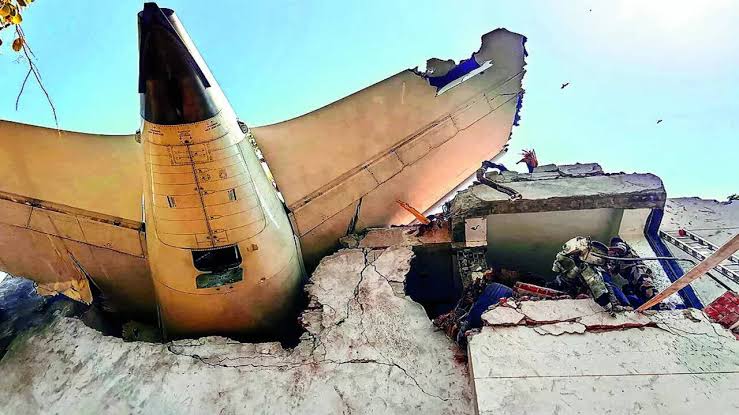India’s aviation safety regulator, the Directorate General of Civil Aviation (DGCA), has formally requested Air India to submit detailed training records of the pilots and dispatcher involved in last week’s tragic crash that claimed at least 271 lives. The directive is part of a broader regulatory review, according to confidential government memos released.
The DGCA has also directed all flying schools nationwide to conduct internal checks to ensure full compliance with training protocols. Additionally, the agency requested updates on any corrective actions taken by Air India following recent audits.
The airline has until Monday to provide the required documents, though it remains unclear whether the directive has been complied with. Neither Air India nor the DGCA have issued public responses to media inquiries.
The fatal incident involved a Boeing 787-8 Dreamliner en route to London, which lost altitude shortly after takeoff from Ahmedabad, crashing into residential buildings. Of the 242 people onboard, only one survived. Around 30 individuals on the ground were also killed.
Captain Sumeet Sabharwal, who had 8,200 flying hours and served as an Air India instructor, piloted the ill-fated Flight AI171. His co-pilot, Clive Kunder, had logged 1,100 flight hours. Sabharwal’s funeral was held in Mumbai on Tuesday.
As part of the investigation, the DGCA is seeking supporting documentation on the training and certification history of the crew and the flight dispatcher. While the memo does not specify the exact types of documents requested, such reviews typically include records on qualifications, medical history, flight logs, and any prior disciplinary actions.
Although the memo did not indicate any immediate concerns with Air India’s operations, requests of this nature are standard in the wake of major aviation accidents. Dispatchers, certified by the DGCA, play a key role in flight planning, weather assessment, and in-flight coordination from the ground.
While the DGCA issued the training data request, the official accident investigation is being handled by the Aircraft Accident Investigation Bureau (AAIB), a separate division under the Ministry of Civil Aviation.
Air India Chairman N. Chandrasekaran told employees that the crash should serve as a turning point in efforts to strengthen airline safety.
In a separate memo dated June 16, the DGCA instructed all flying schools to enforce stricter adherence to operational safety, training, maintenance, and licensing standards. These guidelines also emphasize better coordination with nearby airports to enhance emergency response capabilities.
“Compliance will be assessed during audits and surveillance,” read the notice from the Directorate of Flying Training.
Meanwhile, Boeing Commercial Airplanes President Stephanie Pope visited Air India’s headquarters in New Delhi to meet with the airline’s leadership and discuss the crash.
The incident comes as a significant challenge to Air India’s transformation under Tata Group ownership and further strains Boeing’s efforts to restore its safety reputation after recent crises.
In a related June 13 directive titled “Updating Airport Emergency Plan,” government-operated airports were instructed to conduct full-scale emergency drills by June 30.

